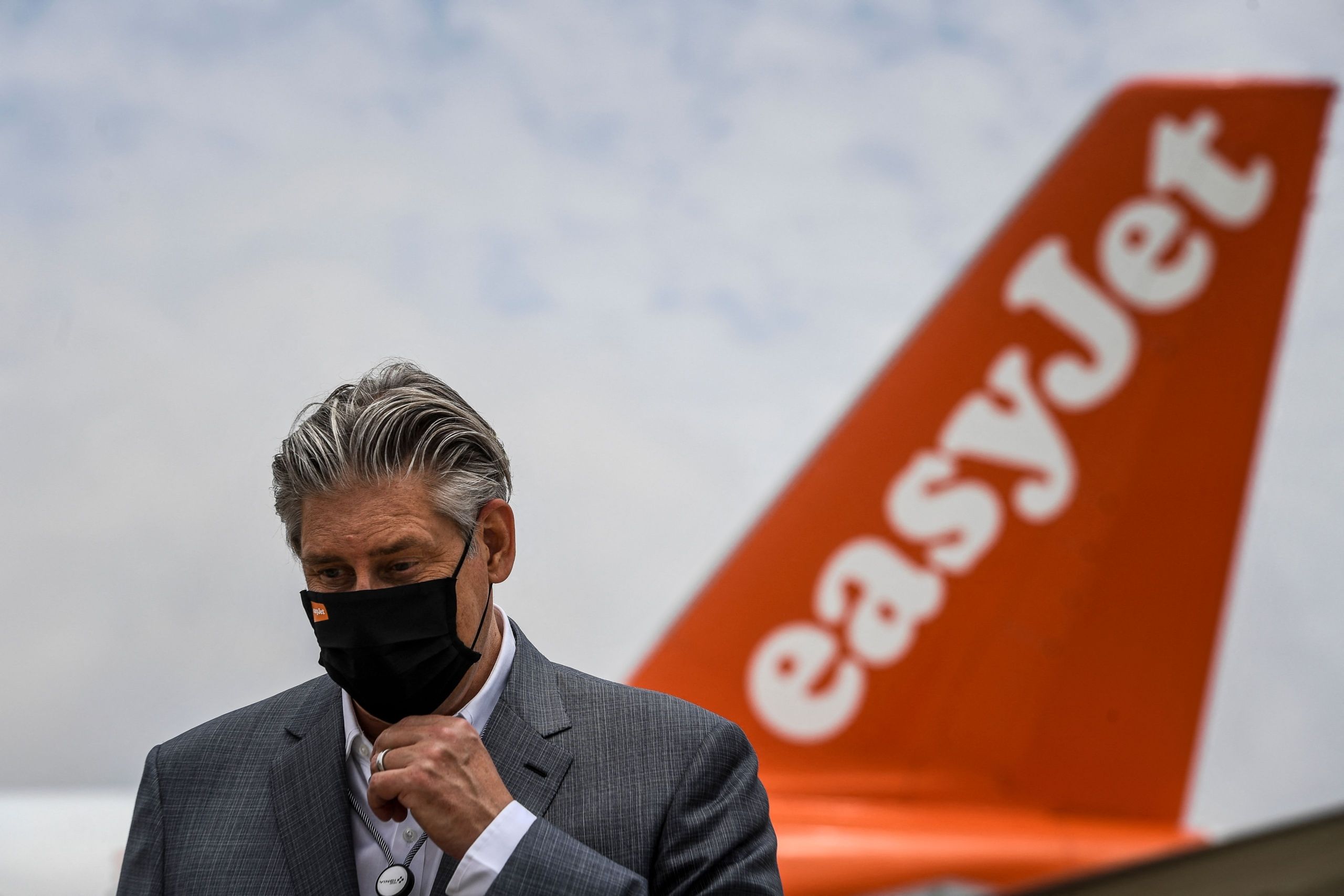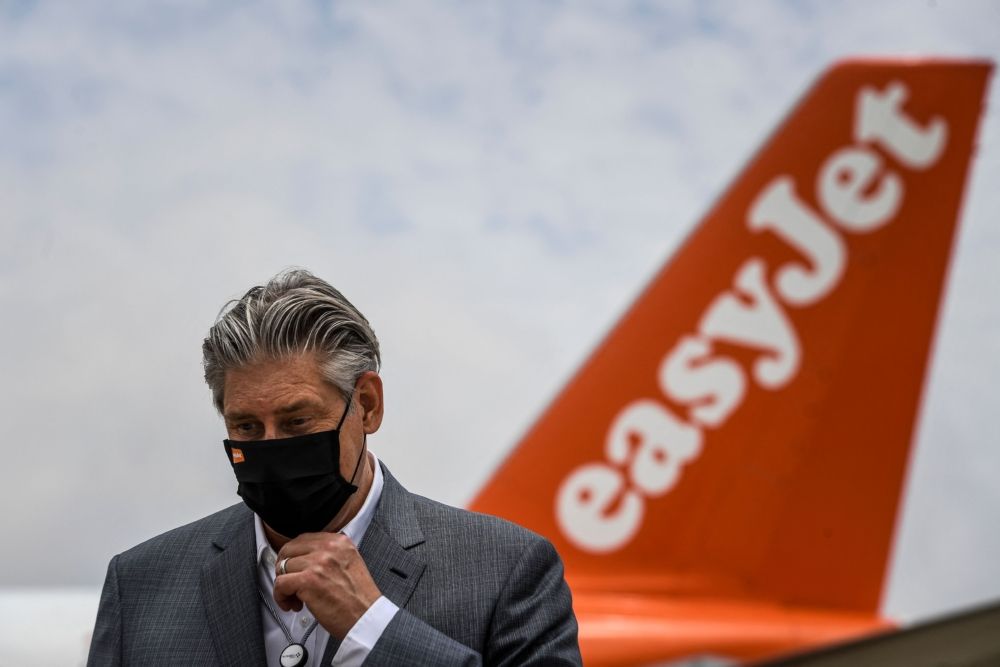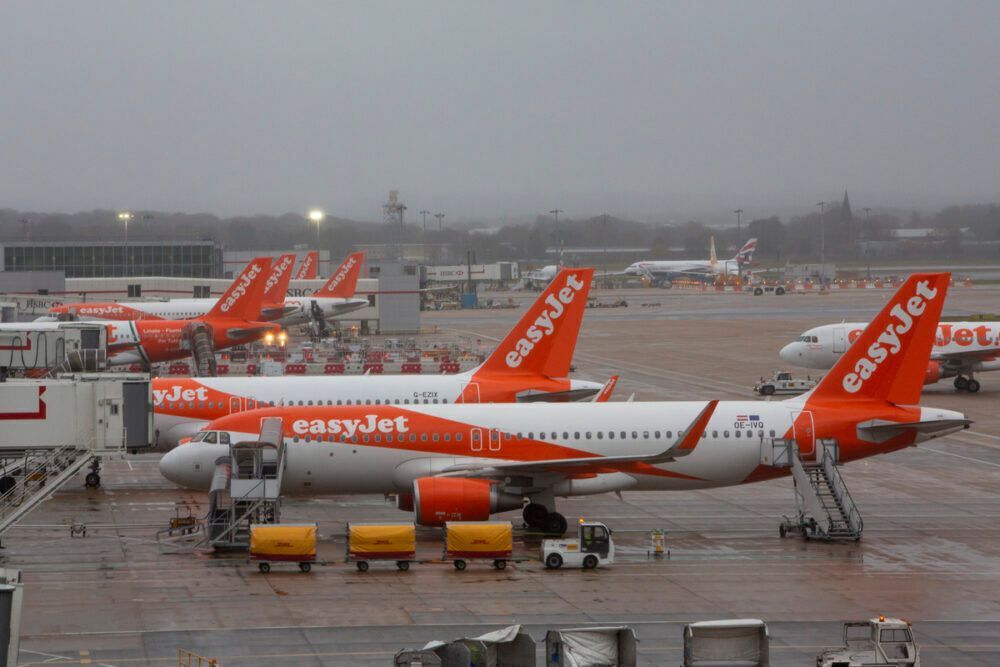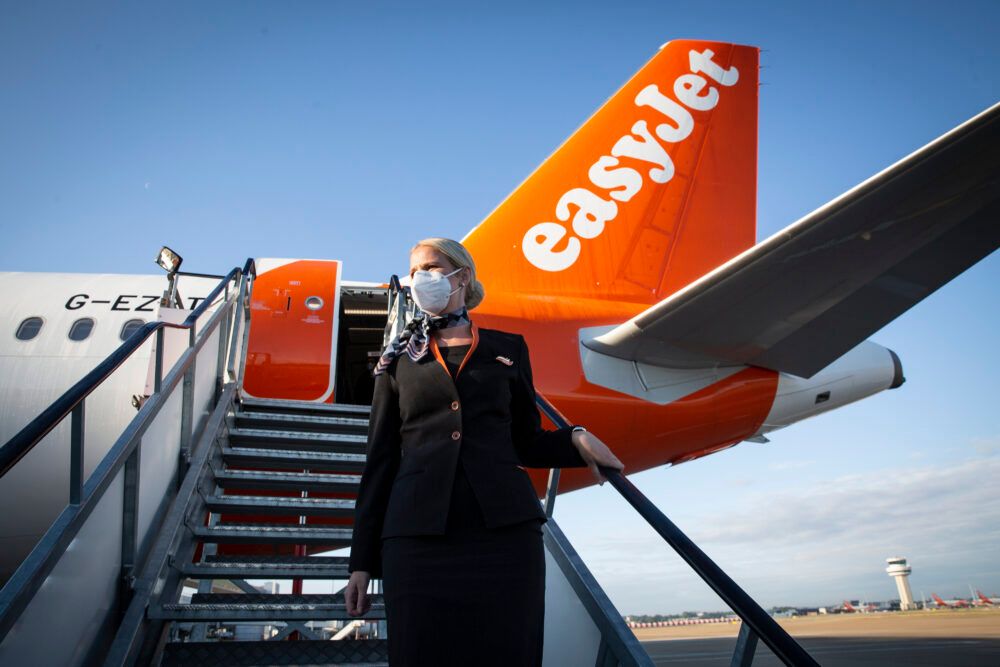During a recent Simple Flying webinar featuring easyJet CEO Johan Lundgren, the airline chief called for the removal of preflight PCR test requirements, which he summed up as expensive and unnecessary. Considering the fact that the cost of two PCR tests costs more than most roundtrip airfares with the airline, Lundgren sees this as a huge factor in suppressing travel- particularly for his airline and its low fares.
During the July 29th conversation between Simple Flying's Joanna Bailey and easyJet CEO Johan Lundgren, the airline chief repeatedly criticized the requirement for PCR testing. On the topic of customer confidence to make reservations, Lundgren noted that "expensive and unnecessary PCR testing" was one factor present in suppressing demand.
Stay informed: Sign up for our daily and weekly aviation news digests.
An expensive test
Criticizing the requirement for PCR testing, Lundgren said, "decision-makers don't understand that [PCR testing] adds on a very, very expensive cost to the journey to which a lot of people say, 'look, it's out of reach for me, I can't do that.'"
The airline CEO notes that the average fare of an easyJet return ticket from UK to an international destination is, on average, £130 (equivalent to $180). PCR tests, on average, he says, cost £100.
"You don't need to have a PhD in price elasticity to recognize that this is going to have a big impact. So, key thing now is that they remove PCR testing...They should do like everyone else is doing and have the lateral flow test"
It should be noted that lateral flow tests cost significantly less than PCR testing- about 1/2 or 1/3 of the price.
An unnecessary test?
On the topic of these types of tests being unnecessary, Lundgren said that PCR tests being used for green and amber list travelers were only being subjected to genomic sequencing 2% of the time. More simply put, Lundgren asserts that one of the main purposes of conducting the more accurate (and more time-consuming) test- 'genomic sequencing' - is only taking place a fraction of time time.
This is how the US Centers for Disease Control and Prevention describes genomic sequencing:
"Genomic sequencing allows scientists to identify SARS-CoV-2 and monitor how it changes over time into new variants, understand how these changes affect the characteristics of the virus, and use this information to better understand how it might impact health."
As a satisfactory stand-in to PCR testing, Mr Lundgren advocates for the use of "Lateral Flow Testing" instead, saying that this form of screening is much more available and much more affordable, "which evidently is just as effective." But is this really the case?
Lateral flow testing appears to be far less accurate
The UK's NHS points out that rapid lateral flow tests are for people "who do not have symptoms of COVID-19" and "give a quick result using a device similar to a pregnancy test."
Of course, this quick result has its drawbacks. According to Gavi, a recent study concluded that the average sensitivity of lateral flow tests (LFT) was 72% among people with COVID-19 symptoms and 58% for people without symptoms.
"This would mean that for every 100 people infected with COVID-19 who had symptoms, only 72 of them would test positive on an LFT."
The website adds that because of this relatively low sensitivity, "a negative test result cannot guarantee that you aren’t infected – false negatives are reasonably common."
Therefore, if this is truly the case, then Mr Lundgren's assertions that LFTs are "just as effective" would be false. While we can agree that PCR testing is onerous, expensive, and a massive barrier to travel, the alternative rapid test appears to be too unreliable as a stand-in.
If countries want to maintain some control over arrivals, PCR testing, sadly, might be the most reliable method in addition to vaccination requirements. Ultimately, however, as we've seen with the Tokyo Olympics, vaccinations and testing can only do so much, and, even with the tightest controls, COVID-19 still manages to sneak past borders.
What are your thoughts on PCR testing as a travel requirement for certain countries? Do you agree that it's expensive and unnecessary? Let us know in the comments.




